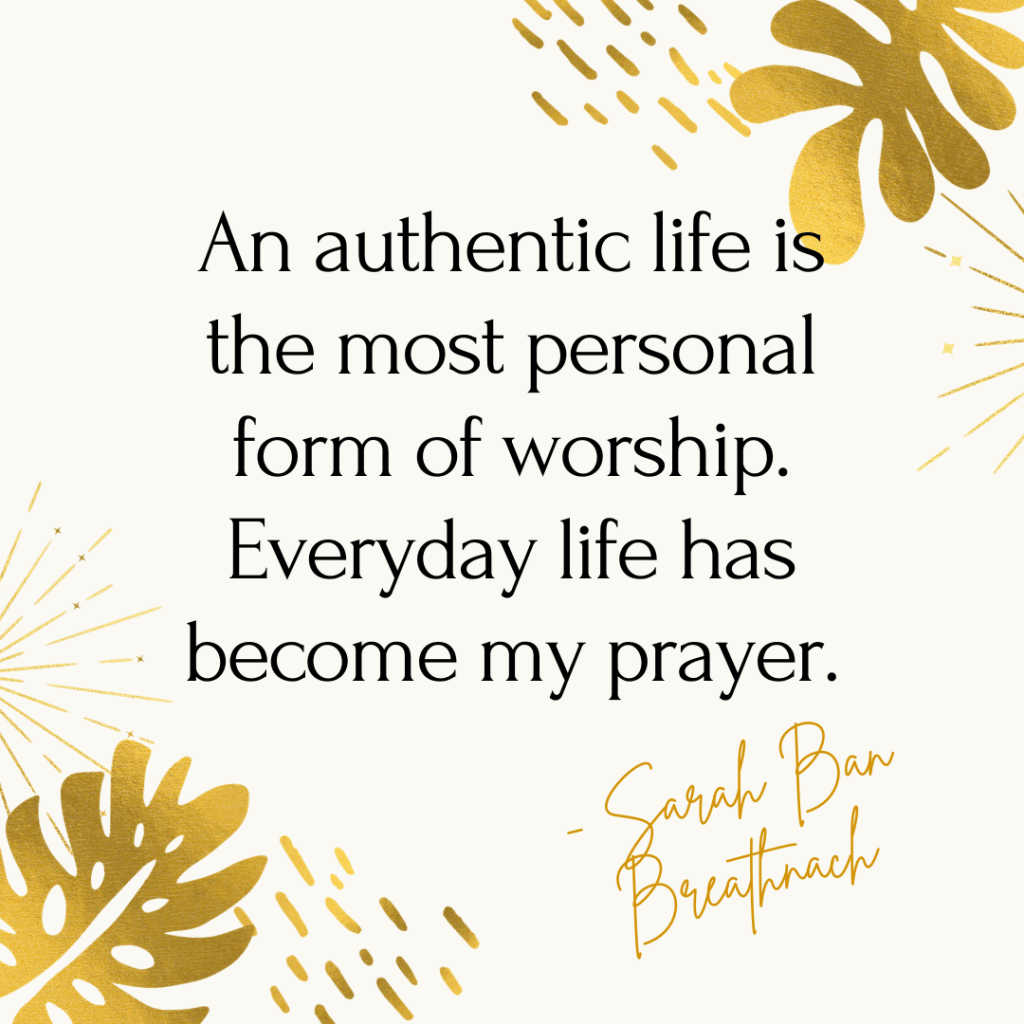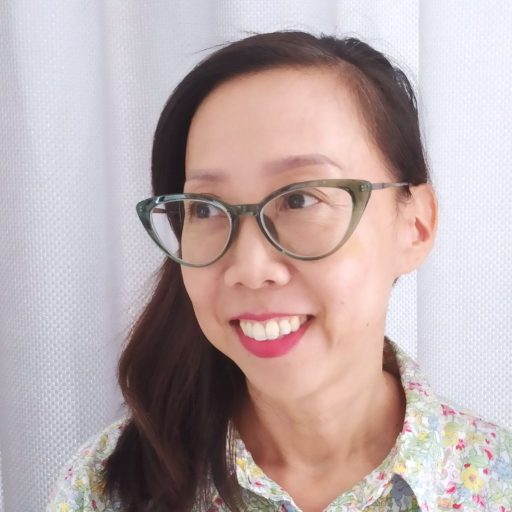For about a year, I received Mark Manson’s newsletter. What I liked about him was he seemed to be an independent and well-read thinker. I may not have agreed with it all, but he was interesting enough for me to stick around.
But when I read “The Point Is To Stop”, I felt compelled enough to open a doc and start typing. Now, it should be stated that Mark’s a bestselling author with loads of credentials, etc, etc, while I am a mere peasant, a lowly working class servant.
There are two sections of the newsletter, the latter of which deals with his decision to leave the self-help genre, and move on to other things, but it’s the former that I want to discuss. Basically Mark attempts to put people who seek self-help into two camps: “Doctor People” and “Coach People”.
Doctor People are in deep pain or have experienced trauma who reach for self-help to “fix them”, but Coach People approach this stuff like it’s a game to win, or strategies to use to level up. I get that. He then points out the pros and cons of both types, diagnoses himself as a Coach Person, and states that the point of self-help is to eventually move on, or it doesn’t work, right?
The first thing I noticed was I didn’t fall into either camp. Self-help came to me, like a stray cat, one day in 1993 or 1994 when my college friends Sarah, Kara, and I were going on a road trip from Durango, Colorado to Tustin, California to visit Disneyland and Sarah’s family. I remember laughing when they packed extra bags that were filled with just their shoes. My boyfriend-at-the-time referred to them as the Bobbsy Twins.
Anyway, Sarah had Marianne Williamson’s A Return to Love poised in the tape player and instructed us to pause it if we wanted a break or to talk about it. We clocked in a lot of hours of honest talk, tears, and jazzy cigarettes. As a result, I learned road trips could be (and should be) therapeutic and that books could change your life. It was the self-help that I didn’t know that I needed.

For decades, I read and listened to a lot of self-help. As Mark mentioned, it gets damn repetitive, but it’s an addicting genre, just like any other I suppose, especially when you’re the kind of person who wants to improve (or believes they are broken).
And I know what people think of this woo-woo-crap. There are slicks who make a whole lot of moolah over messages that someone else already freely said. It all seems like the same rubbish! Ur, no, thanks, I don’t need any help. But generally speaking, some good stuff can be found between the burning sage and bullshit.
And one day, just like him, I thought, you know what? I’m in a good space now, I’ve learned a lot, and I don’t need this stuff anymore.
But it turns out that I need constant reminders to be kind to myself, forgive others, and not to be an asshole. Constant. So that’s where I also disagree with him. It’s great to move on (and I’m not referring to his profession), but I think one of the reasons why I keep returning to the genre in different ways (Zen, Stoicism, uplifting material) is because I consider myself a lifelong learner.
Mark argues that the goal of therapy (and self-help) is to graduate from it, but time has taught me that sometimes folks stick to therapy because they just need/want/like someone to talk to that’s not their family or friends. Have they made progress? Let’s assume they have. Of course, there are dysfunctional codependent personalities, but extremes aside, I don’t think self-improvement is something you ever leave.
I mean, you can slide backwards or get to a place where you feel content and comfortable with whatever you needed help with, but I don’t buy into the fact that if it worked you wouldn’t need it anymore. I understand the argument, but if anyone else thinks after they ‘figured shit out’ that they aren’t going to have another down on your knees moment, then I’m sorry to say, wait for it.
Maybe we get better, faster, gentler with ourselves and others, but I can’t say, after so many years of study that I can raise my hand and declare, “I’ve listened to the Power of Now, so you know, his passive aggressive behavior just doesn’t cut me down anymore.” It feels like once you figured out one thing, another POS springs up to take a stab at you. Highly annoying.
That being said, I’m glad I invested so many years journaling and consuming self-help material. Maybe childhood challenges give you something to overcome. Inner work is underrated. School teaches us to be agreeable worker bees and about society at large, but self-help can give you the tools to navigate the world with sanity and dignity.
So, what about Doctor + Coach People? What if I don’t need to stanch the wound or view life as a game to hack? What about folks who are intrinsically interested in self-improvement and self-actualization?
What do you think?








Leave a reply to Jean Cancel reply